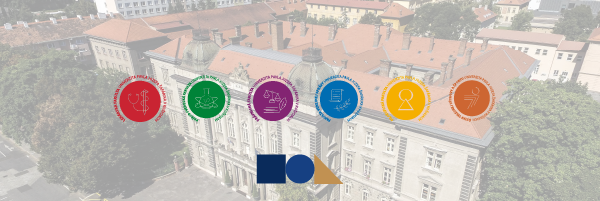The APBC project officially started on March 1, 2025. Given the time of year and the approaching summer period, an online kick-off meeting was held on June 23, 2025. The event was organized by the project coordinator and main lead, Pavol Jozef Šafárik University in Košice (UPJŠ).
The purpose of the meeting was to officially launch the project – to welcome and thank both local and international partners for their participation – and to present the main goals, structure, and relevant technical and administrative aspects of the project.
Professor Sedlák (UPJŠ) introduced the motivation behind the project, outlined its objectives, described the individual work packages, and explained the planned activities, responsibilities, and expected outcomes.
The meeting also created space for open discussion and problem-solving, especially regarding the early-stage challenges faced by UPJŠ and project partners. One of the key outcomes was aligning expectations across teams and setting out the next steps – including preparation for an in-person kick-off meeting of all project members scheduled for late September or early October 2025 in Košice.
The main goal of the APBC project is to use the innovation chain of advanced protein biotechnology as a model for addressing economic and social challenges in Slovakia. A particular focus is on tackling brain drain from regions such as Eastern Slovakia, where effective long-term solutions have so far been lacking. To achieve this, the project aims to create attractive job opportunities for young, talented researchers and professionals; strengthen existing partnerships; and establish new, long-term collaborations with top international research institutions and industry experts. It also places strong emphasis on education and training to build a skilled, competitive scientific and professional community in Eastern Slovakia. Beyond high-quality basic research, the project is committed to developing practical solutions for industry – especially in the field of protein-based biotechnological product development. In doing so, it seeks to bridge the gap between academia and industry, responding directly to real market needs.
The project implementation will take 30 months.





